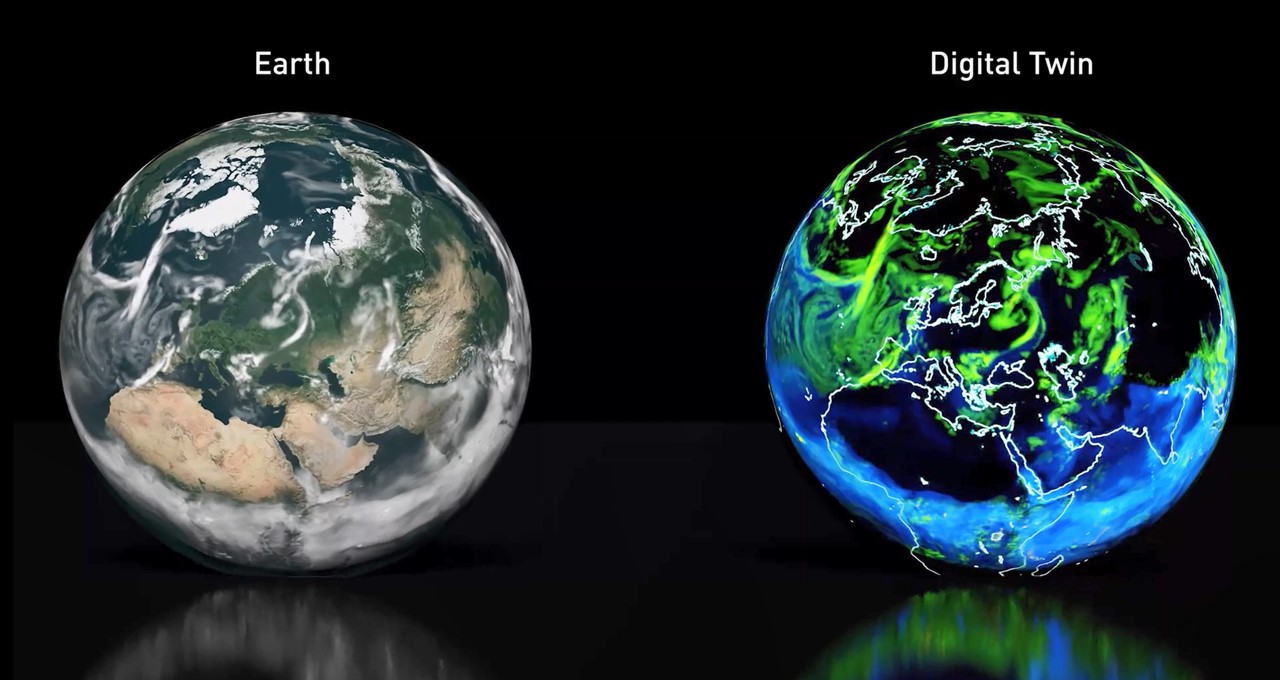
In recent years, VR technology has made significant strides, and researchers now explore its potential to revolutionize healthcare and treat mental disorders. Estonian researchers, for instance, created a VR experience called “Psyrreal.” This groundbreaking simulation mimics psychedelic experiences’ phenomenological components and subjective effects.
The researchers aimed to determine whether VR could replicate the therapeutic advantages of psychedelic-assisted therapy for treating mental health disorders. The outcome following a 2-day therapy session using Psyrreal was impressive. Individuals with mild-to-moderate depression reported significant reductions in depressive symptoms.
Using virtual reality in this innovative way to mimic psychedelic therapy’s therapeutic effects can transform mental health treatment. It can also increase global access to psychedelic-assisted therapy.
Understanding How VR Might Stimulate Psychedelic Effects
Understanding how VR can simulate psychedelic effects requires knowing how these drugs operate. Psychedelics modify information processing in the brain, causing shifts in perception, thinking, and emotions. It binds to serotonin receptors that regulate mood, perception, and consciousness.
Neuroimaging research indicates that psilocybin or LSD produces altered consciousness or hallucinations by disrupting the thalamus region’s information processing. The thalamus ordinarily acts as a gatekeeper, deciding which sensory data reaches the cortex and governing essential functions such as consciousness, memory, and attention.
Psychoactive substances open the thalamus gate, allowing the cortex to perceive ambiguous external stimuli. Virtual reality could mimic psychedelics by creating a simulated environment that feels genuine and engages the senses, including auditory, visual, and tactile sensations. VR can manipulate these stimuli to produce a psychedelic-like altered state of consciousness.
Psyrreal: An Immersive Psychedelic-Inspired Experience
Researchers developed Psyrreal, an immersive psychedelic-inspired experience, to evaluate VR’s potential to replicate psychoactive substances’ effects. The experience simulates the phenomenology observed during altered states of consciousness. This includes “spontaneous mystical and awe-inspiring experiences” and imagery featuring intricate geometric patterns.
The therapeutic potential of Psyrreal was assessed on 13 volunteer participants with self-rated screening questionnaires. These individuals had mild-to-moderate depression, and around 70% had a previous depression diagnosis. Despite this, none of them were undergoing treatment for depressive disorder at the time.
Two weeks following the Psyrreal encounter, self-rated screenings revealed that 73% of participants had significantly reduced depressive symptoms. Users also reported reduced anxiety scores, indicating that the virtual psychedelic experience may be a successful treatment for anxiety disorders.
Featured image from Itchronicles.com



